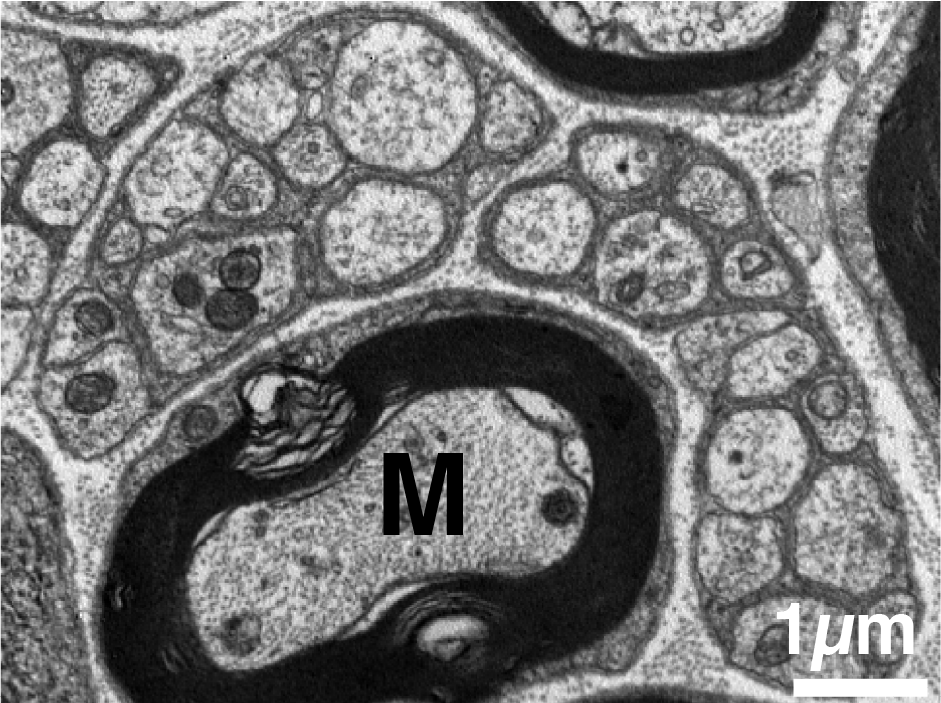MPNST, a sarcoma arising from the neural-crest stem cell lineage in the peripheral nerve, is the leading cause of death for individuals with NF1. The presence of benign and premalignant lesions, namely, plexiform neurofibromas (PNF) and atypical neurofibroma (ANF), makes this cancer uniquely suitable for investigating the mechanisms underlying tumor initiation and progression from benign to malignant tumors, and more importantly, designing a preventive therapeutic strategy. Inactivation of NF1 drives benign PNF formation by abnormal activation of the RAS-mediated MEK-ERK/MAPK signaling pathway. Selumentinib, an MEK inhibitor (MEKi), has recently become the first ever Food and Drug Administration-approved front-line therapy for inoperable and symptomatic PNFs in NF1 patients. However, premalignant ANFs carry additional genetic alterations at the CDKN2A locus, which encodes two tumor suppressor genes, p16INK4A and p14ARF (p19Arf in mice). Specifically, ARF inhibits MDM2, an E3 ubiquitin ligase that degrades p53 proteins and suppresses p53-mediated transcriptional activities. Thus, the CDKN2A/ARF-MDM2-p53 regulatory axis is the major tumor suppressive pathway(s) that inhibits the malignant transformation of benign PNFs. In addition to the loss of NF1 and CDKN2A, more than half of MPNSTs also harbor additional oncogenic driver mutations, in components of the POLYCOMB REPRESSIVE COMPLEX 2 (PRC2), most frequently SUZ12 or EED. We will investigate the cellular and molecular mechanisms underlying the sequential loss of these three tumor suppressor genes - NF1, CDKN2A, and EED - in the transformation of a developing nerve cell in the neural-crest stem cell/Schwann cell lineages into benign, premalignant and malignant tumors, respectively. In collaboration with oncologists, we will perform preclinical-clinical parallel trials using the molecularly targeted agents in combination with immunotherapies. One clinical trial reactivating p53-mediated apoptosis in MPNSTs is currently being sponsored by a 2022 Clinical Trial Award from the Department of Defense Neurofibromatosis Research Program. The second clinical trial is working with an industry partner to target the tumor immune microenvironment in MPNSTs.
Peripheral Nerve and Malignant Peripheral Nerve Sheath Tumors

An electron micrograph image depicting a myelinated and non-myelinated axon taken from control animals.